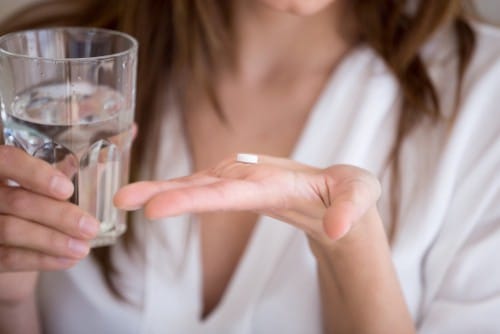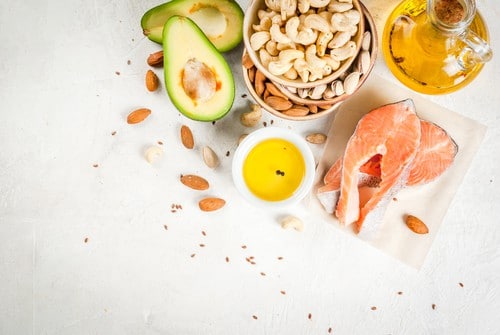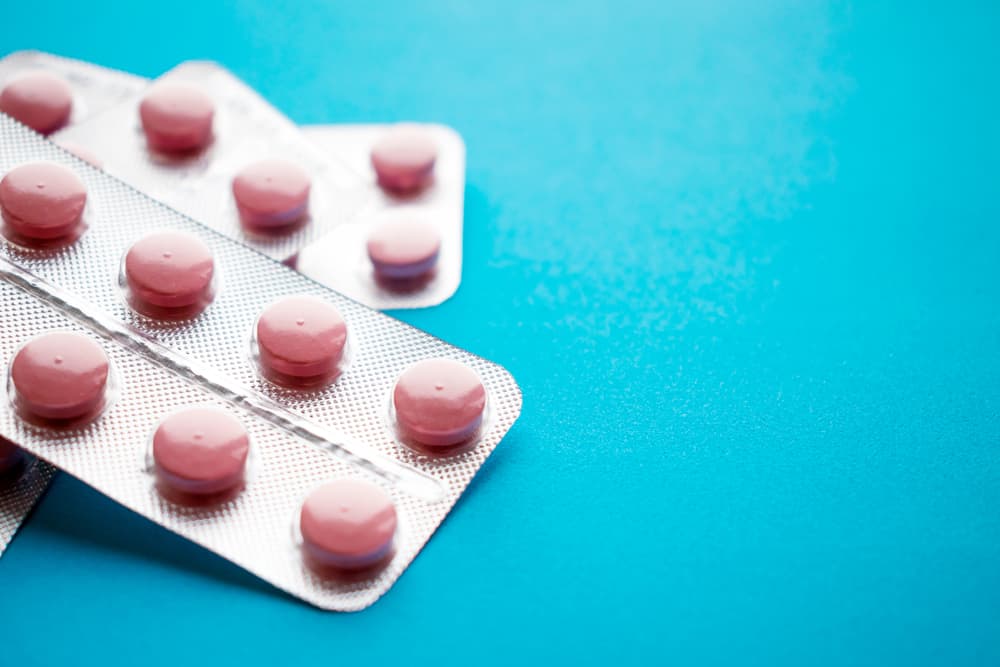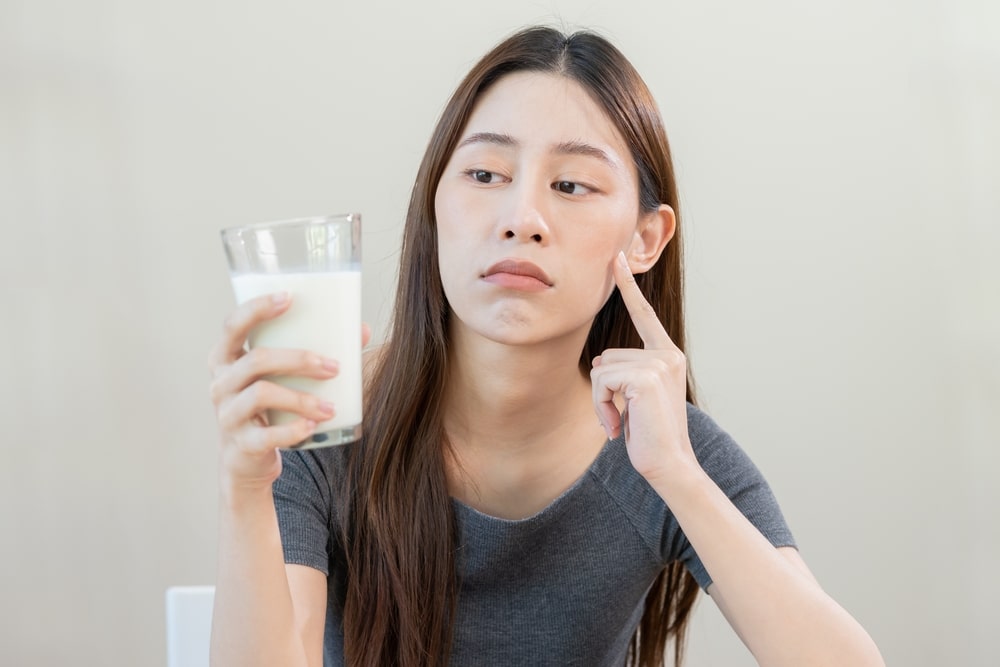Statins are drugs designed to control and lower cholesterol levels. If your LDL level is high, statins may be prescribed by doctors to reduce your long-term risk of heart disease, heart attack or stroke. In this article, we will understand what statins are and what are statin alternatives.
They are different types of statins that are fungal-derived or synthetically produced. The most common statins that are approved by the U.S. Food and Drug Administration (FDA) including:
Atorvastatin (Lipitor)
Lovastatin (Altoprev)
Pitavastatin (Livalo, Zypitamag)
Pravastatin (Pravachol)
Rosuvastatin (Crestor, Ezallor)
Simvastatin (Zocor)
Statins may lower cholesterol and reduce the risk of heart attack. But this doesn’t mean that they are entirely safe. They may be not good for your health or have side effects.
The good news is, you don’t have to depend on statins life-long because there are different treatment options for high cholesterol. These options include natural statins (natural alternatives to lower cholesterol), a healthy diet, regular exercise and healthy lifestyle changes.
First of all, you need to know your total cholesterol numbers to find out if you need to lower your cholesterol level through statins or any natural statin alternatives. Total cholesterol includes LDL(bad) and HDL(good) cholesterol. If your LDL is above 190 mg/dL, you should consider taking action to lower your LDL levels.
Before Statin Alternatives: How Do Statins Work?
Statin drugs block the liver enzyme called HMG CoA Reductase that produces cholesterol. This way, the total cholesterol level in the blood gets reduced. So, your body reaches a healthy level of cholesterol and continues to absorb vitamin D, make testosterone and estrogen hormones and provide better digestion. Statins may reduce LDL cholesterol and high triglyceride levels in the blood by around 30% to 50% and even offer a modest improvement in blood pressure.
Still, long-time statin usage is not recommended as they have side effects that vary from mild to strong.

Side Effects: Why Should You Stop Taking Statins?
Even though statins have benefits, they are limited and come with side effects. Mild side effects of statins (example: repatha, vascepa and lovastatin side effects) may disappear after the body adapts to these drugs. Common mild side effects include:
- Digestive problems such as constipation and diarrhea
- Skin problems such as acne and rash
- Muscle pain, weakness, soreness, cramps and stiffness
- Dizziness and tiredness
- Sleeping difficulty
- Nausea and vomiting
- Symptoms of the flu and common cold
- Runny nose and sore throat
Strong side effects are often associated with taking other medications with statins or having other health conditions. They can cause complications in the long term. Strong side effects of statins include:
- Loss of sensation in the nerve endings of the hands and feet
- Increase in blood sugar levels
- Severe stomach pain
- Loss of sex drive and sexual dysfunction
- Inflammation of muscles that may lead to permanent muscle damage
- Inflammation of the liver that may lead to permanent liver damage
- Inflammation of the pancreas that may lead to pancreatitis
Although statins are prescribed by doctors under medical advice, there is no internationally accepted fact about which statin works the best, what is the ideal dosage, how long they should be taken or any type of statin that has no side effects. To avoid possible damages that long-time statin usage can bring, it is essential to find natural ways to reduce cholesterol levels without medication.
How to Reduce Cholesterol Without Medication?
To reduce cholesterol without taking medication, it is important to know what are the factors that can increase the risk of bad cholesterol. Except for age and genetics, factors include being overweight, smoking, a sedentary lifestyle, unhealthy eating habits and consuming alcohol.
Losing excess weight, optimizing eating habits with healthier ones, quitting smoking, living an active lifestyle, trying natural statin alternatives and reducing alcohol consumption will help reduce bad cholesterol levels and the risk of cholesterol-based health complications.

Natural Statins and Statin Alternatives
There are some ‘statin alternatives’ that might be helpful to lower cholesterol. They are natural, cholesterol-lowering alternatives that you can add to your diet or take as a supplement.
Some food can be great statin alternatives. Food that is high in soluble fiber, antioxidants work and omega 3 works in the body as natural statins:
- Antioxidant vegetables such as garlic and onion
- Healthy fats such as olive oil, fish oil, avocado oil
- Fiber-rich grains such as oat and barley
- Fibers such as beta-sitosterol and blond psyllium,
- Tropical fruits such as mango, avocado and guava
Even if you take statins, statin alternatives or cholesterol-lowering supplements, a healthy lifestyle is essential to maintain healthy cholesterol levels. Always ask your doctor before you quit statins or any cholesterol-lowering medication to try statin alternatives.
High Cholesterol Detox Retreats
If you are not able or motivated to switch to a healthy eating plan, exercise regularly and build habits for a healthy lifestyle, you can try joining a high cholesterol detox retreats.
There are various detox retreats especially designed to lower and balance cholesterol levels. These retreats include detox and healthy nutrition plans, exercise sessions, IV therapies, relaxing activities to reduce stress and many more options to improve overall health. Thus, better cholesterol levels come as one of the many benefits you can receive.
These retreats can help you achieve your health goals as you will have expert support and like-minded people to focus on yourself and your needs. One of the pioneers in wellness, TheLifeCo Wellbeing offers high cholesterol solutions that you can join year-long, whenever you have time.





